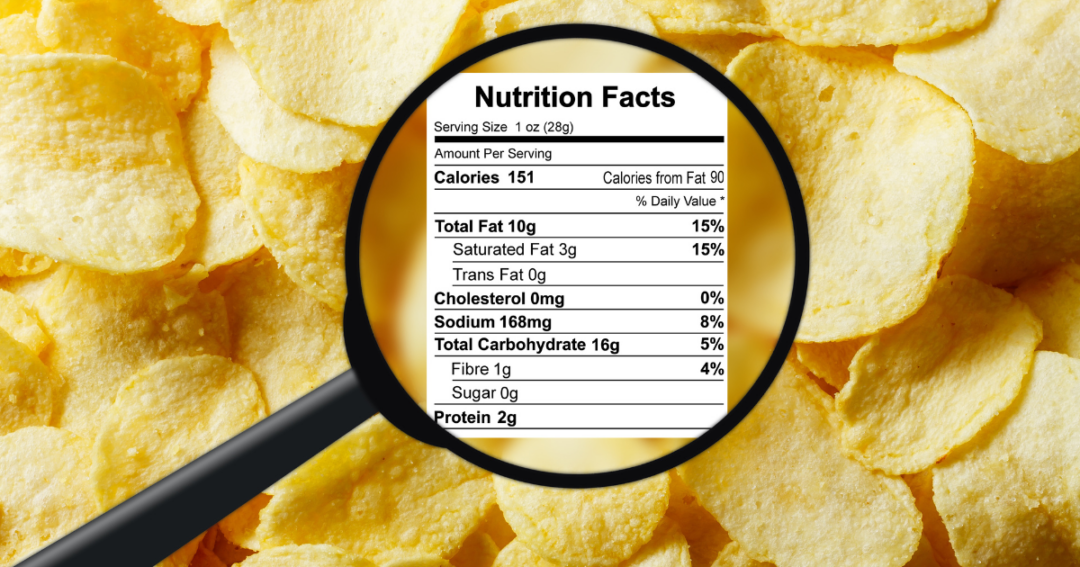We hear a lot about why eating whole foods is good for you… But sometimes that’s not enough to get us to actually EAT them. We thought it would be fun (and helpful) to flip the script and talk about what you’re really eating when you eat ultra-processed (aka “junk”) foods.
To be clear, when we’re talking about ultra-processed foods, we’re referring to manufactured foods or “food products.” They come in a package and usually are ready to eat, although sometimes you have to heat them up (like ramen soup, frozen dinners, or those “helper” boxed meals that you mix with ground meat and cook).
7 Likely “Bonuses” of Ultra-Processed Junk Foods
- Added sugars and unhealthy fats: These contribute to inflammation and are linked with chronic diseases like type 2 diabetes, heart disease, some cancers, and weight gain.
- Excess sodium: Linked with higher blood pressure and a higher risk of heart disease and stroke.
- Gut problems: Such as constipation, because they are low in dietary fiber.
- Roller-coaster energy and blood sugar levels: Due to their low fiber content and high amounts of refined carbs.
- Fewer vitamins, minerals, and essential nutrients: Despite the high number of calories these foods contain.
- Cravings: They are chemically engineered to be super delicious and make you want to eat more of them.
- A higher carbon footprint: Because of the manufacturing process.
Sounds like a lot of “benefits” you would want to avoid, right? A better bet: choose whole “real” foods that your great-grandparents would recognize!
Still, changing the way you shop is just ONE piece of the puzzle when it comes to reaching your health goals…
If you want to:
- Start building more muscle to kickstart your metabolism
- Detox from years of processed foods, stress, and environmental toxins that could be keeping you from optimal health
- Pinpoint your “craving triggers”
And get a custom nutrition blueprint along the way…
Then our 6-WEEK CHALLENGE PROGRAM is your next best step.
Want details? Head here to learn more and sign up!
By making informed choices about what we eat, we can take control of our health and well-being, one meal at a time. Let’s choose nourishment over convenience, and health over shortcuts.

